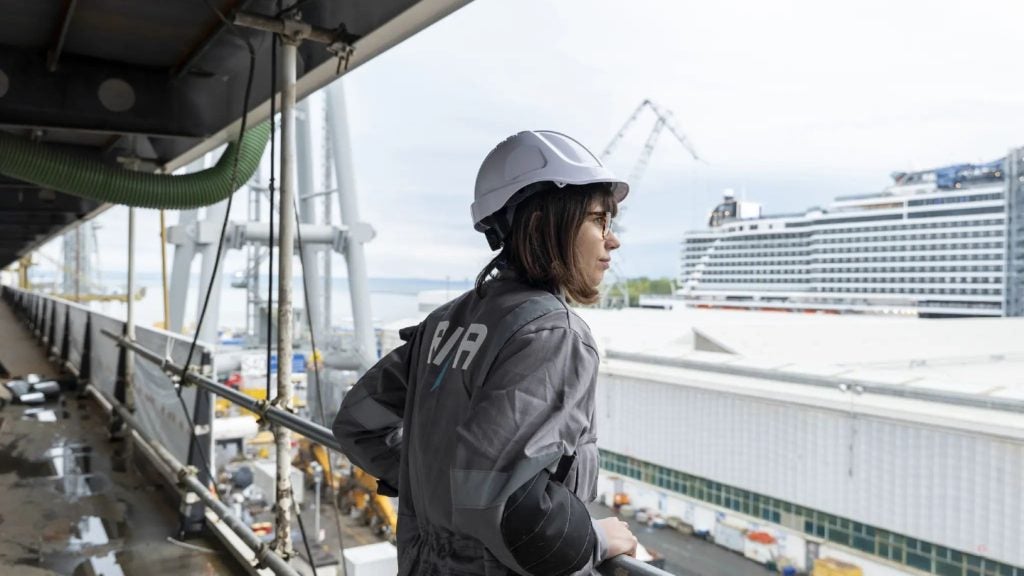Maritime multinational and classification society RINA has become the latest member of the SEA-LNG coalition, building on its existing experience in the liquefied natural gas (LNG) sector.
The Italian company joined the coalition alongside hydrogen technology company Rotoboost as both companies recognised the growing popularity of LNG as a more sustainable marine fuel.
Antonios Trakakis, Greece marine technical support director for RINA, described joining the group as a “logical step” for the company in its support of maritime decarbonisation.
He said: “Not all fuels are created equal. The combustion of LNG produces fewer air pollutants compared to liquid fuels and offers significant near-term emissions reductions.
“LNG can be gradually replaced by bio-LNG and eventually e-LNG or even be reformed to produce hydrogen onboard.”
Founded in 2016, SEA-LNG is a collective of maritime companies, including notable names such as MSC and the Royal Caribbean Group, that commissions and publishes research on various topics related to the use of the fuel.
RINA’s involvement in the group is far from its first foray into the LNG industry, with the company previously working on a range of LNG ship designs and certifying the industry’s first LNG cruise ship, the AIDAnova, for Carnival.
Peter Keller, SEA-LNG chairman, said: “RINA and Rotoboost provide expertise, experience, and technological solutions that further unlock the potential of LNG and its pathway as the leading alternative marine fuel for the shipping industry today.
“Like other members, they are actively demonstrating how we can chart a pragmatic course to net-zero greenhouse gas emissions from marine fuels through developments in liquefied biomethane and e-methane.”
Similarly to RINA, Rotoboost has also worked on LNG projects before, most notably its pre-combustion carbon removal system which has been touted as a way of reducing methane slip on LNG vessels, one of the biggest issues cited by the fuel’s critics.









